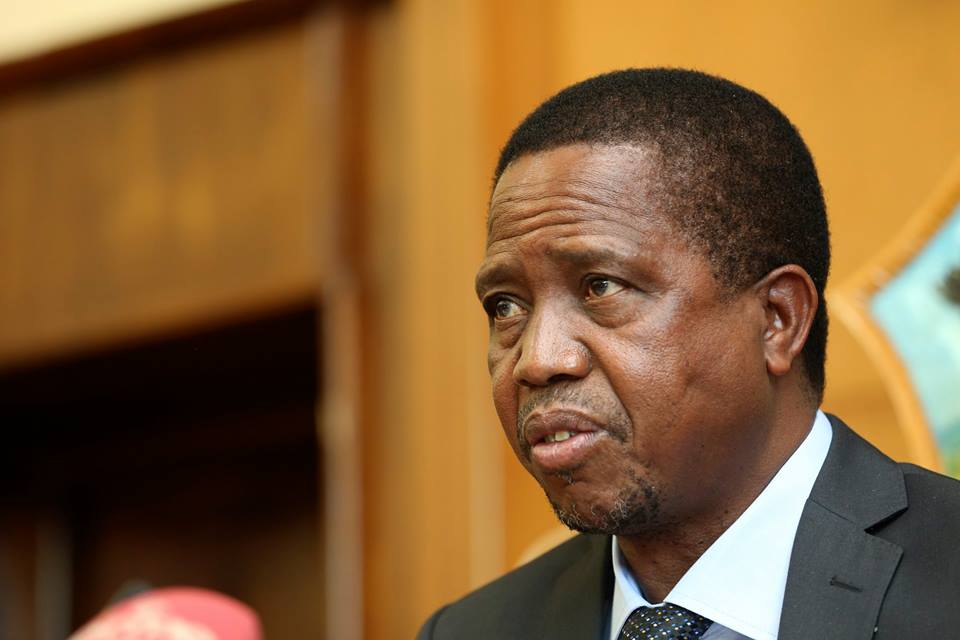President Edgar Lungu says the anchor for Zambia’s industrialisation programme is value addition.
Speaking at the ‘Manufacturers meet the President seminar’, as part of this year Manufacturers’ week under the theme: “Solutions for Zambian Manufacturing”, President Lungu says there is need for the country to rise to the occasion and take keen interest in adding value to agricultural products and minerals, among others.
He says value addition is the answer to the country’s industrialisation, job creation and wealth creation.
President Lungu states that the Zambia Association of Manufacturers has an onerous task to be instrumental in changing the value addition narrative in Zambia from mere rhetoric to action.
He says government has put in place a number of measures to promote value addition in the manufacturing sector, such as the creation of Multi Facility Economic Zones (MFEZ) and industrial parks where green field projects are being promoted.
President Lungu states that this will be a sure way of encouraging Zambian exports thereby earning foreign exchange for the economy.
President Lungu has further encouraged Zambian Manufacturers to produce high quality products if they are to compete favorably in the region.
He adds that government is also aware of the challenges facing manufacturers such which include unfair competition as a result of imported products, particularly those smuggled into the country.
The Head of State government is also concerned about the illicit trade as it does not only cause a leakage of the much needed revenue, but is also a deterrent to the advancement of industrialisation.
Speaking earlier, Zambia Association of Manufacturers (ZAM) President Rosetta Chabala said the manufacturing sector has faced a lot of challenges as evidenced from a stagnant contribution of 3 percent to the country’s Gross Domestic Product (GDP) in the last decade.
She says the sector aims at contributing over 20 percent to the country’s GDP before the year 2030.
Ms. Chabala says the challenges faced have been mainly due to the high cost of production in the country, the cost of transportation, and electricity among many others.
She has further called on government to reduce the tax burden especially on the importation of semi processed raw materials if the sector is to thrive.
 Q FM Africa's Modern Radio
Q FM Africa's Modern Radio
